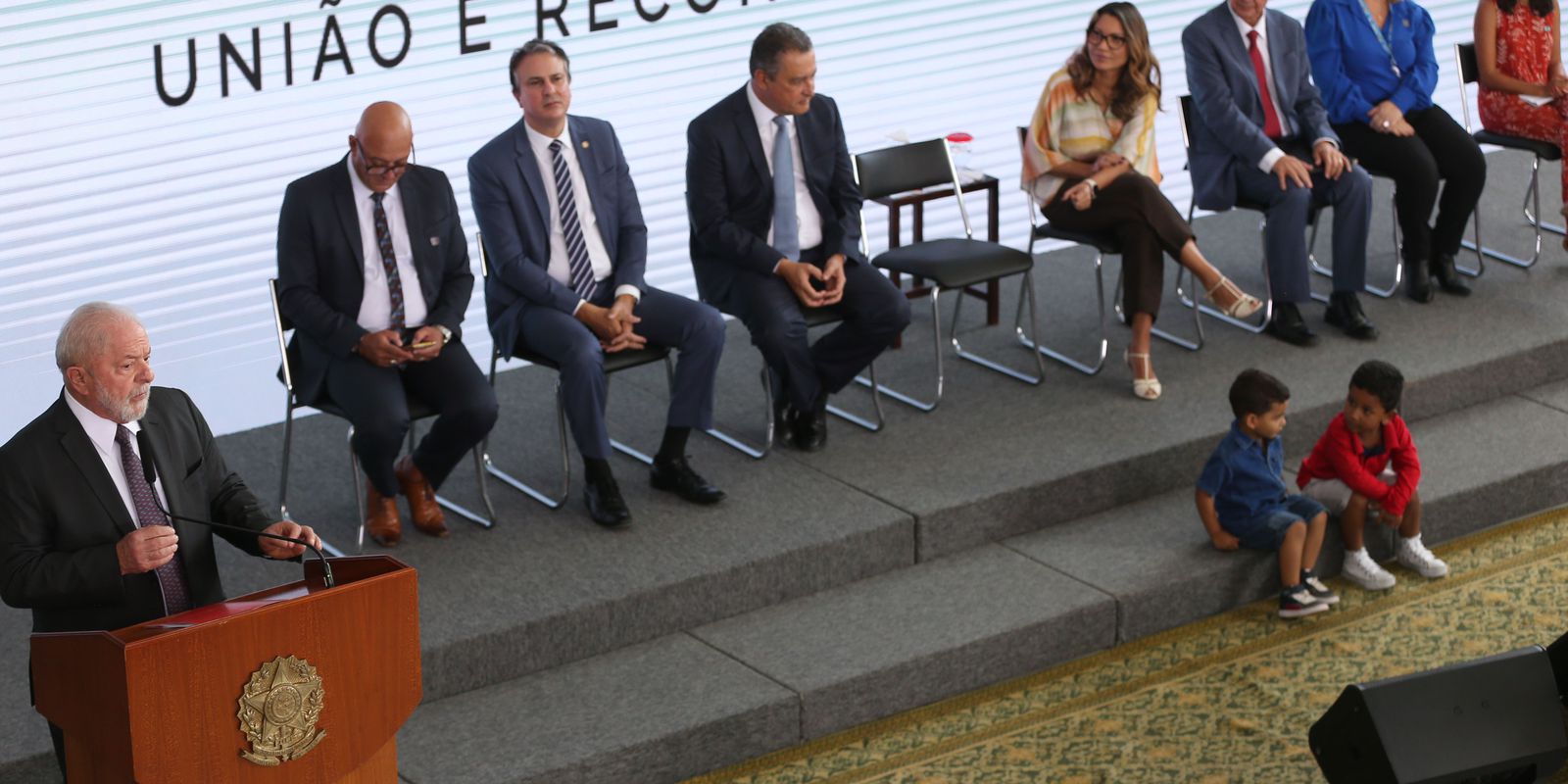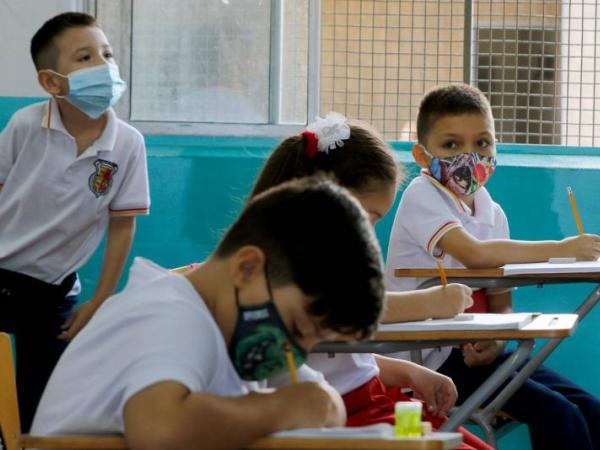President Luiz Inácio Lula da Silva demanded, this Thursday (2), a strict inspection by the whole of society on who is receiving Bolsa Família. He signed, in a ceremony at the Planalto Palace, the provisional measure (MP) that recreates the income transfer program and the public inspection and social control network of the Cadastro Único (CadÚnico).
“This is not the program of a government, of a president, this is the program of Brazilian society and that will only work if society assumes the responsibility of inspecting the Cadastro Único. The program will only work if the registration allows the benefit to reach exactly the women, men and children who need this money”, said Lula, during the event.
He cited, among other inspection agents, the federal and state public ministries, the press, churches, unions and city halls. “If there is someone who does not deserve it, they will not receive it. The program is for people in conditions of poverty”, he highlighted.
CadÚnico is a tool conducted within the scope of the Unified Social Assistance System (Suas) and works as a gateway to more than 30 federal government programs, including Bolsa Família.
For the president, the program is an important public policy to help families in vulnerable situations, but he stated that the solution for social transformation is economic growth.
“This is the first plate of soup, beans, the first glass of milk, the first bread, the first piece of meat. Along with this, there must be a policy of economic growth, job creation and income transfer through wages, which is what matters to the worker”, he said.
counterparts
The new Bolsa Família resumes the parameters designed in President Lula’s first government, when it was created, in 2003. The main one is the demand for counterparts from the beneficiary families, such as the obligation of prenatal care for pregnant women. Payment based on the new rules already begins in this month’s calendar, on March 20.
Maintaining school attendance for children and adolescents and updating the vaccination booklet with all immunizers provided for in the National Vaccination Program of the Ministry of Health will also be required. During the government of Jair Bolsonaro, Bolsa Família was replaced by Auxílio Brasil, which did not require these counterparts.
In addition, pregnant women will be entitled to a supplementary benefit in the amount of R$50. All beneficiary families will receive a minimum amount of R$600 and two supplementary benefits have been created. According to the government, they were designed to better meet the size and characteristics of each family.
One of the benefits is aimed at early childhood and was a campaign promise by Lula, which is the additional value of R$ 150 for each child up to six years old in the family composition. The second, called Variable Family Benefit, provides an extra R$ 50 for each member of the family aged between seven and 18 years old and for pregnant women.
“With this, we want to point out that family members will also have special treatment. The pregnant woman needs more care, she will have the follow-up phase during the gestation period, then with the baby. We will have a special focus on nutrition and ensure that, at the right age, children and teenagers are enrolled and studying. In other words, the Bolsa Família is no longer just income transfer and starts to have a set of policies aimed at the care […]so that it can break a cycle of poverty in each family and guarantee the conditions not only to leave poverty, but to reach the middle class and be whatever it wants”, said the Minister of Development and Social Assistance, Family and Fight against Hunger , Wellington Dias.
The new values were guaranteed with the approval of the Proposal for an Amendment to the Constitution (PEC) of the Transition, which established that the new government will have R$ 145 billion in addition to the spending ceiling, of which R$ 70 billion will be used to fund the social benefit .
The new Bolsa Família will also have a protection rule for cases in which a member gets a job, for example. According to the government, the family income can increase up to half a minimum wage per capita without it being immediately removed from the program.
In addition to it, there is also a guaranteed return rule, which establishes that families that voluntarily withdraw from the program or lose income and need to return to Bolsa Família will have return priority.
Single Registration
The government is also working on improving the Single Registry and integration with the Single Social Assistance System (Suas), with an active search in partnership with states and municipalities to include those outside the program and the review of benefits with evidence of irregularities, such as in people who live alone.
This month, more than 1.5 million beneficiaries who receive Bolsa Família irregularly were excluded from the social program and another 700,000 families entitled to the benefit were included, after an active search.
Bolsa Família is aimed at families in situations of economic and social vulnerability. To be qualified, they need to meet eligibility criteria, such as presenting per capita income classified as a situation of poverty or extreme poverty, having data updated in CadÚnico and not having divergent information between those declared in the register and in other federal databases.
The selection considers the poverty estimate, the number of families served in each municipality and the budget limit. With the new legislation, all families with an income of up to R$ 218 per person will have access to the program.


















